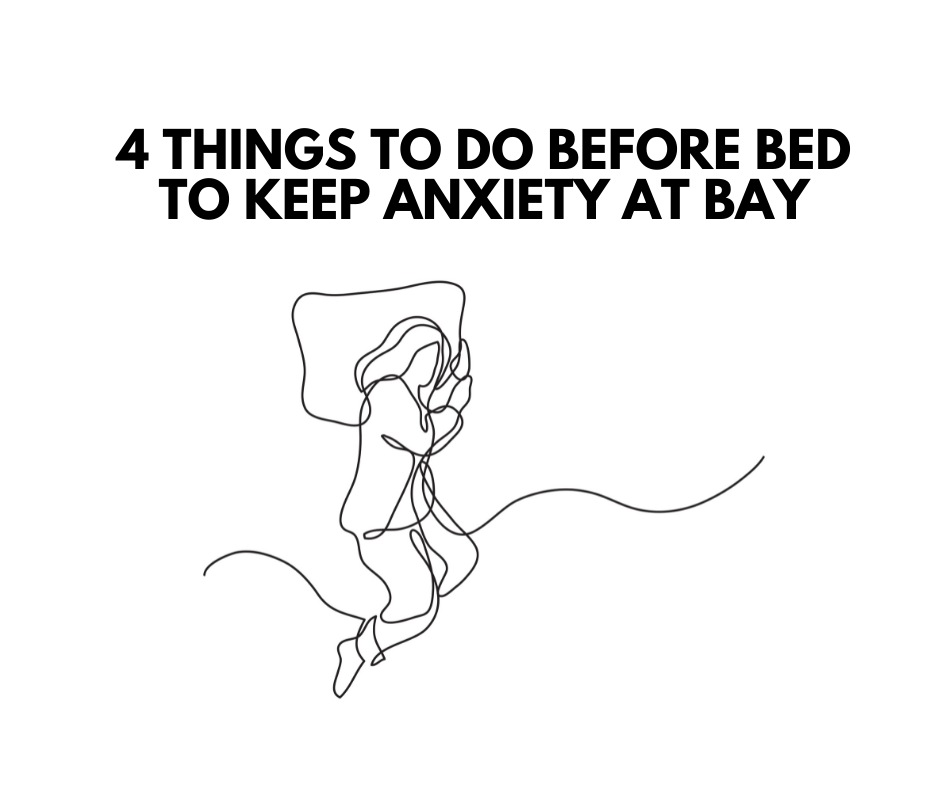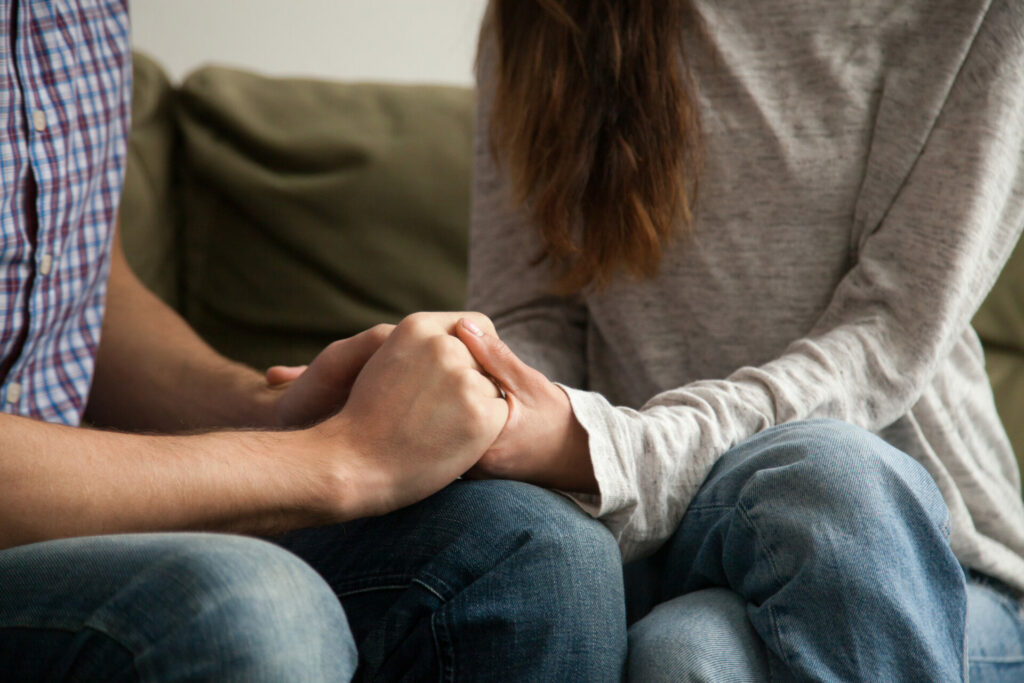Dealing with anxiety can be a drag at any time. It stresses you out and often prevents you from being present. However, this is one particular time of day when anxiety tends to escalate. At night, as you prepare to hit the sack, you may have noticed yourself feeling more anxious than usual.
This could be because you have fewer tasks to distract you from the anxiety. Things are quieter and this leaves room for intrusive thoughts. On top of that, as you feel increasingly anxious, you have the added factor of worrying about your ability to fall asleep. Let’s see what can be done about this frustrating problem.
4 Things To Do Before Bed To Keep Anxiety At Bay
- Create a Healthy Work/Home Balance
More people than ever do some version of work-from-home. This trend offers some clear advantages for workers. It also creates a new set of obstacles. Specific to this conversation, work-from-home turns your home into a potentially stressful workplace. Everyone needs time in which “work” is over. Some suggestions:
Set a time when you stop looking at any work-related emails or messages
Work with your job to set boundaries that benefit all the parties involved
If it’s possible to literally log off a work website, do it — every single evening
This balance can be a huge game-changer but… you still have to address your non-work-related device usage.
- Step Away From Your Devices
Your phone, computer, or tablet is an anxiety creator. You’re either bombarded with notifications or the fear of missing out (FOMO). This is not an accident. Big Tech designs its products to capture and keep your attention. If you find anxiety increasing as bedtime nears, you probably need to power down all devices well before you start getting ready to sleep.
Another reason to set such a tech curfew is the effects of the blue light emitted from whatever screen you’re watching. It’s been shown to negatively impact sleep patterns. Blue light may also suppress the production of a hormone called melatonin which helps you sleep. Power down, put away your devices and begin a routine of sleep-enhancing self-care.
- Practice Relaxation Techniques
Anxiety loses its power and intensity when you take active steps to soother yourself. Here are some ideas:
Listen to mellow music: Find something calm to play in the background as you proceed with your pre-sleep rituals.
Breathing exercises: Long, slow inhales and exhales of equal length are all you need to start. From there, you can move into meditation or visualization.
Stretching: Exercise, in general, helps with sleep. But you don’t want to do vigorous movement too close to bedtime. Slow, gentle stretching — combined with your deep breathing — can ease your mind and body.
- Occupy Your Mind in a Non-Digital Way
Remember books? Yes, as in a real hard copy book that requires you to physically turn the pages. It’s a powerful way to redirect your thoughts without the need for technology. Research shows that you can reduce stress by nearly 70 percent through just six minutes of reading. Obviously, each person can choose their own reading preferences. Perhaps, though, you will want to avoid subject matter with the potential to create more anxiety. With a little trial and error, you can cultivate a very useful pre-bedtime, anti-anxiety habit.
Anxiety is a Diagnosable Disorder
Anxiety can be managed through self-help but usually requires some professional input. If you find anxiety interfering with your daily life in any way, we should talk. Managing your anxiety through therapy will offer many carryover benefits — including better sleep. Let’s connect soon for a free and confidential consultation.




